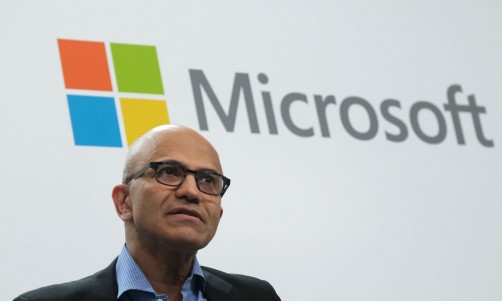Apple could be taking the "Pro" in "iPhone Pro" more seriously soon.
Popular Apple analyst Ming-Chi Kuo recently revealed in a blog post that Apple has a new business strategy that leaves entry-level and mid-range iPhones with old processors, while the Pro models get the latest.
Kuo previously reported that only the Pro models of the iPhone 14 would be equipped with Apple's latest processor in March due to the COVID-19-induced semiconductor shortage.
Apple's Pro Chip Exclusivity Details
Apple is allegedly switching the business strategy that will allow it to install its latest chips to the pro models of its future iPhones, including the iPhone 14, according to Kuo's report.
Similar to his report in March, Kuo mentioned in his latest Medium blog post that Apple is planning to exclusively install its upcoming A16 processor to two iPhone 14 Pro/high-end models, which may be the iPhone 14 Pro and iPhone 14 Pro Max.
Additionally, thanks to the exclusivity of the A16, Apple will significantly boost the shipment proportion of new iPhone high-end models in 2H22 to 55-60%, which is a slight increase compared to the 40-50% shipment proportion Apple used in the past.
Finally, Kuo revealed that Apple would only be equipped the Pro and Pro Max models with its latest processors in the future, making the two models more prevalent on store shelves than the entry-level and mid-range models.
This means that the base iPhone 14 and the iPhone 14 Max will only have an A15 chip while the Apple 14 Pro and Pro Max models will get the A16.
Read More: Lollipop Chainsaw is Getting a Remake — When Will It Be Released?
However, based on Apple's new business strategy, the company will give an older chip to an iPhone's base and Max models while it gives the latest one to its Pro and Pro Max models in the future.
As such, once there is an iPhone 15 and there is an upcoming A17 processor, the base and Max iPhone 15 models will receive the A16 chip, while the iPhone 15's Pro and Pro Max models, which will have more units, will get the A17 rather than the A16.
Apple's Reason Making its Latest Chips Exclusive To Higher-end Models
9to5Mac mentioned that in making the A16 and future latest processors exclusive to the Pro and Pro Max models, Apple would be able to lead more people to buy these models instead of the cheaper base and Max models, resulting in the price increase of the average iPhone.
The exclusivity and higher prices also means that Apple could get a higher profit from its iPhone sales than before.
Furthermore, the increased price in the iPhone 14's higher-end models will benefit Apple's major high-end component suppliers of the rear camera, including Sony, Largan, Alps, and LG Innotek.
Sony is responsible for supplying Apple with CMOS image sensors, while Largan provides Apple lenses for its rear camera. On the other hand, Alps is giving Apple the voice coil motor and/or optical image stabilization it needs, and LG Innotek is responsible for supplying Apple with CCMs.
Should Kuo's report turn out to be true, then the days of Apple having the same chip for an entire lineup are over. However, it isn't as bad as it looks to be.
The A15 chip that Apple will be installing into the affected iPhone 14 models will have almost the same performance as the higher-end iPhone 13 models since they will be given 6GB of RAM instead of 4GB, along with a five-core GPU used by the iPhone 13 Pro models.
Related Article: Caviar Custom-made iPhone 14 is Already Available for Pre-Order — How Much Should You Spend?














